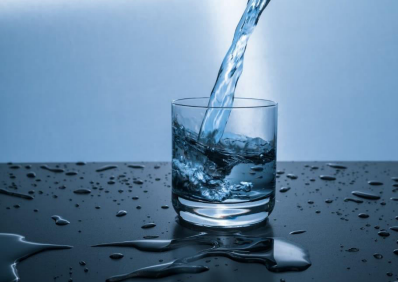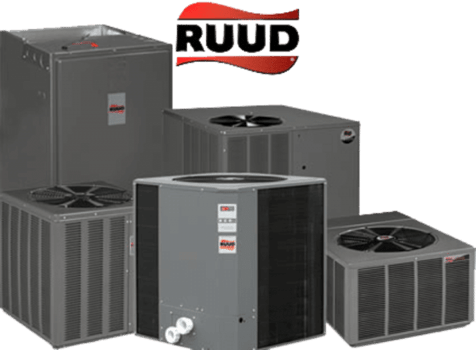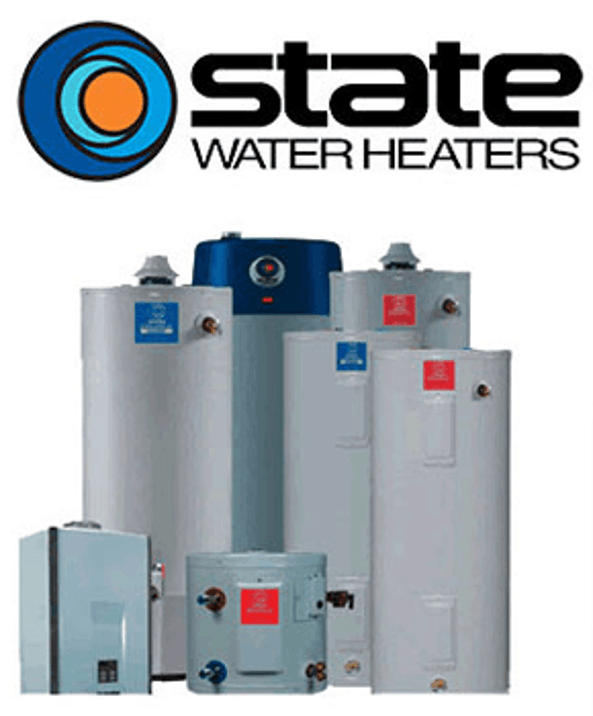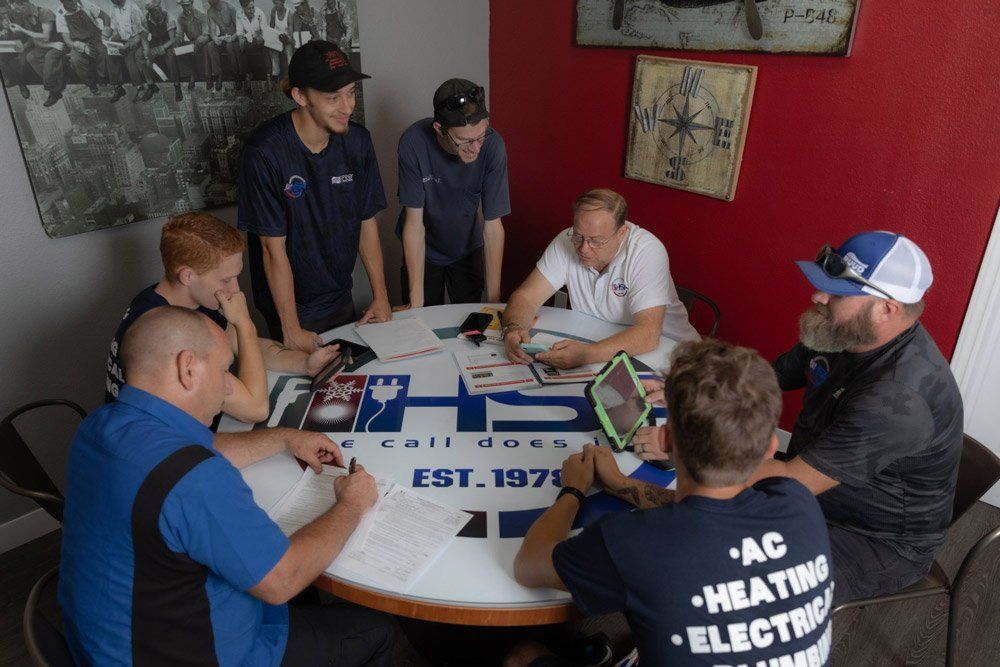A Short Guide to Home Water Filtration Systems

Reports
have surfaced about untested municipal water in some Texas towns, prompting parents and caregivers to worry about lead, copper, and chemical levels in their household water. If you want to improve your water quality, here are a few facts about water filtration systems and your water supply to get you started.
Household Water Can Contain a Variety of Contaminants
Some harmful contaminants that may be present in tap water include:
• Giardia lamblia
• Cryptosporidium parvum
• E. coli
• Salmonella
• Arsenic
• Lead
• Byproducts of disinfection
• Nitrates
• Pesticides
Flooding of municipal and well-water supplies — like the flooding that occurred as a result of Hurricane Harvey — can cause leaching of contaminants into water supplies, too. After floods, your water may be tainted with toxins including industrial chemicals, algae, and motor oil.
Before you order a filter for your home, have your water tested by a certified lab. When you know the specific contaminants in your water, you'll choose the correct type of filter to remove the bad stuff.
Water Filters Clean Up Well and Municipal Water
Wells can become contaminated from local drilling, construction, and industrial spills. Untreated wells may harbor bacteria and viruses as well as heavy mineral loads.
Water filtration systems filter both municipal and well water. Costs range from under $50 for a pitcher-type filter to over $1,200 for a whole-house filtration system.
Water Filters Use Four Methods to Filter Water
Filtration methods are:
• Microfiltration
• Distillation
• Reverse osmosis
• Ultraviolet treatment
Distillation and ultraviolet systems are effective at removing viruses and bacteria. Distillation systems also remove chemical contaminants, while ultraviolet filtration systems are not effective at removing chemicals in water.
Microfiltration removes protozoa and bacteria but provides less effective filtration for viruses and chemicals. Reverse osmosis filtration removes chemicals, metals, minerals, bacteria, and protozoa.
Be aware that some point-of-entry water filtration methods remove chlorine from treated municipal water. The lack of chlorine in the water supply can lead to germ growth inside your water-supply pipes. Your plumber will advise you on methods to sanitize pipes that carry dechlorinated water supplies.
Water Filtration Systems Come in Seven Types
Water filtration systems are available in seven various styles. Filtration-system choices include:
• Water-filter pitchers
• Refrigerator water-supply filters
• Faucet-mounted filters
• Built-in faucet filters
• Top-of-counter filters
• Under-sink filters
• Point-of-entry (whole-house) filters
If you only want filtered water for cooking, drinking water, and beverages, a pitcher or faucet-mounted water filtration system is an easy, budget-friendly option.
However, the pitcher and faucet-mounted strategies are less convenient than other filtration methods. Filters must be changed often, pitchers filter slowly, and faucet-mounted systems may slow your water flow. Some faucet-mounted systems require clumsily switching the fixture off each time you need to use the hot water tap.
On-counter, under-sink, and built-in faucet filters provide filtered water faster and are easy to switch between filtered and nonfiltered water flow. On-counter, under-sink, and built-in faucet filters require professional installation by a licensed plumber. Your pipes and fixtures may need to be modified to accommodate the filter.
Whole-house or point-of-entry filtration systems remove contaminants from the entire home's water supply. The whole-house system is the most expensive to install and may require ongoing professional maintenance to keep the system running smoothly.
Advanced Water Filters Protect Vulnerable Household Members
• Infants and young children
• Older adults
• Chemotherapy and radiation patients
• Allergic household members
• Immunocompromised individuals
Common protozoa, bacteria, and viruses can seriously and negatively affect people who are medically fragile. Bathing and brushing their teeth with germ-laden water can be just as harmful to physically vulnerable people as drinking contaminated water straight from the tap.
Hire your plumbing service to install a whole-house filtration system to protect your medically fragile loved ones from water-borne illnesses. You may need to use several types of filtration systems to remove all of the contaminants from heavily-tainted water.
Install or upgrade your water filtration system in Irving, Dallas, or Fort Worth, Texas by contacting Henry's Service All today. Since 1978, we've provided expert, courteous, and professional plumbing services to residents throughout the DFW metroplex.











